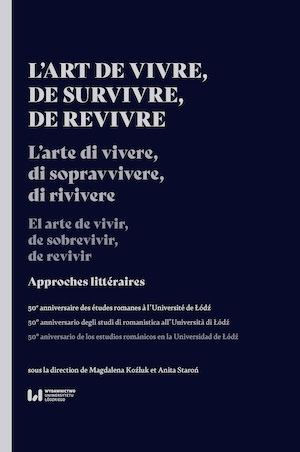Hagiographie et pandémie : analyse de la vie de Saint Roc
Hagiography and Pandemic: Analysis of the Life of Saint Roch
Author(s): María Ángeles Llorca Tonda
Subject(s): Language and Literature Studies, Studies of Literature, Theology and Religion
Published by: Wydawnictwo Uniwersytetu Łódzkiego
Keywords: Religious literature; Hagiography; plague; Life of Saint Roch; narrative analysis
Summary/Abstract: The Black Death that ravaged Europe in the second half of the 14th century inspired much Middle Ages to think about explaining the trigger for the disease, but all accounts coincide on an underlying rationale: the divine anger falling on Men. The field of art echoes the trauma caused by the pandemic to populations and the fear that leads to extreme behaviour (flagellants, dance of death, expiatory processions, etc.). Literature does not fail to stage the plague either, as evidenced by the Decameron, which in its first pages describes the plague which is reaching the West through Italy. The hagiography, in turn, and specifically the genre of the Lives of Saints, becomes a significant source of information on the description and repercussions of the disease in Europe. Thus, in this contribution we propose to analyse “La Vie et légende de monseigneur saint Roch”, a French incunable of Jehan Phelipot published in 1494, which went through three editions, in order to see how in the hagiographic text Roch’s ascent to holiness revolves around the theme of the plague disease and how the text becomes a source of information on the pandemic and its consequences.
- Page Range: 45-58
- Page Count: 14
- Publication Year: 2022
- Language: French
- Content File-PDF

